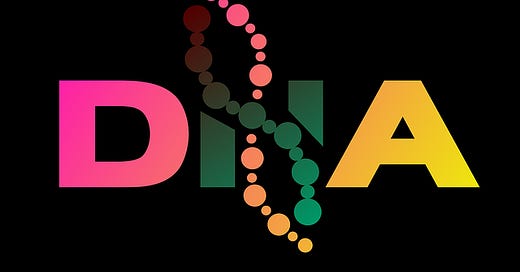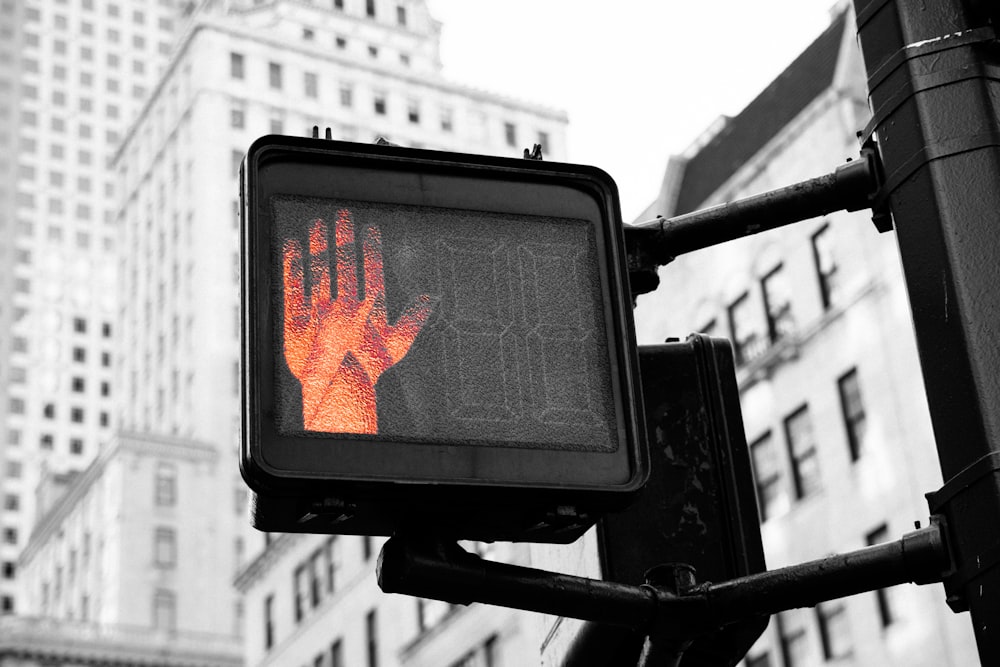Dear readers, FC #111 elicited interesting comments:
Karthik from Botswana says: “The topic ‘loose lips’ comes at a very interesting phase here in Africa, where the animals are suffering from a foot and mouth disease. Beef consumption has plummeted due to this, and animals perish in many cases. Such is the effect of the foot in the mouth!! Many congratulations on completing what we call in cricket ‘Nelson's number’. Unlike numerology, where it may be considered lucky, it's quite the contrary in cricket, where one is slated to lose a wicket when on this number. One can reminisce the famous umpire David Shepherd doing a small hop skip and jump ritual on the ground whenever the team/individual batsman is on this number to ward off any adverse impact!! A lip and hip relationship indeed!!”
Tarun Kunzru says: “When ‘shooting one's mouth off’ it's a good idea to ‘aim before you shoot’ rather than ‘shoot before you aim’. Otherwise, you will be diagnosed with foot-in-mouth disease!!”
Swati Belur says: “As a teacher, I have to add to the list the phrase 'Finger on your lips' :D Also 'giving someone some lip' means to be rude.”
🚫 DNA
Oh! Before you draw any conclusion about the topic, let me assure you that this is not about Deoxyribonucleic Acid. In fact, it is not in my DNA to comprehend, much less discuss complex scientific terms. You are familiar with the acronyms DND and DUI. I am using DNA as an acronym to represent certain aspects of individual behaviour or obligations which could well be part of their DNA.
Do Not Announce:
If you turn DNA on its head you get NDA which means ‘non-disclosure agreement’. Do not announce is one of the stipulations that you find under an NDA. In business parlance, a NDA is a sacrosanct document. It is also known as a confidentiality agreement and to be doubly sure, some prefer to call it ‘Confidentiality & Non-Disclosure Agreement’.
In the course of dealings, certain Confidential Information (CI) is exchanged between parties, and they enter into a mutual agreement to keep the information confidential. However, if the CI is disclosed by one party to another, then the recipient executes a confidentiality undertaking. It is not necessary that the information should be proprietary to make it confidential. Parties are at liberty to designate any information that should be under wraps as confidential. However, it is important to clearly define ‘confidential information’ and not make it a catch-all phrase.
When receiving or giving out CI, one has to realise that the information needs to be studied or evaluated and that may require the onward transmission of the CI to specific employees, consultants, and advisors. That’s the reason one might find a ‘permitted disclosure’ clause that permits the recipient of the CI to share it purely on a need-to-know basis, with a back-to-back undertaking of confidentiality by those to whom the CI is disclosed. The underlying obligation to protect the CI from any unauthorized disclosure is based on the business principle that one should protect the CI received in the same manner as one would protect their own CI. There is a view that the obligation to maintain confidentiality should not be open-ended. Consequently, the question of confidentiality obligation expiring after some time is moot.
Indian law recognises oral contracts. It is conceivable that CI disclosed by one person to another with an undocumented non-disclosure condition is actionable if there is a breach, but it is advisable to have a properly worded NDA and not rely on word-of-mouth commitment.
In a family or among friends, we do share some information in confidence — and its disclosure would lead to angst and distrust — but is hardly actionable.
Information of any kind is required to remain confidential due to professional rules of conduct. Doctor-Patient Privilege and Client-Attorney Privilege require the doctor or the lawyer to keep confidential the information provided by the client, or anything related to their assessment of the client’s case or condition, as the case may be. Unauthorised disclosure may expose the professional to a breach of that privilege, besides the charge of violation of privacy.
Thus, ‘Do not Announce’ is a simple English phrase that is capable of being enshrined in legalese, making it an enforceable obligation.
Do Not Agree:
You may have come across people who do not share the same opinion or the same feeling about something over which you have your opinion. Why does this happen? Is that person a skeptic? Or is that person distrustful? The reason some people do not readily agree is simply that an opinion is a view expressed by someone on some matter, and not necessarily a view bolstered by facts and evidence. There are people who have certain preconceived notions about certain things, and their obstinacy prevents them from considering an opinion dispassionately. Certain predispositions like prejudice or a strong dislike of a person may trigger a disagreement.
There is an opportunity to be had when someone says “I do not agree” — an opportunity to understand the reasoning or logic behind the disagreement. And who knows, you may change your own opinion. For example, you form an opinion that the worst is over, and you don’t have to wear a mask. The person with whom you share this opinion may provide reliable information that there are COVID cases and variants that continue to lurk and convince you to continue wearing a mask. It is not in that person’s DNA to simply disagree with you, but it is an indication of their inquisitive mind that looks for validation.
Do Not Accept:
You have come across people who do not accept favours or who do not accept gifts or similar incentives in the course of performing their duty. They strongly believe that they are being paid to do a job, and it would be unethical to accept any kind of gratification for discharging the duties associated with that job. It is their DNA to refuse to accept any kind of gratification. Can it be said that ‘do not accept’ means ‘reject’? I don’t think there is any synonymity here. Refusing to accept does not necessarily mean rejecting. Refusing to accept is a threshold act, while rejection is an informed act.
Take the example of ordering a bottle of wine. After you look at the details on the label, you may or may not accept it. Once accepted, you are given a small quantity to taste. If you don’t find it agreeable, you can reject it. Even in the case of merchandise, you accept the good ones and reject those which do not conform to standards or fail the quality test. It follows that the act of rejection is objective and reasoned, and the act of non-acceptance is subjective.
Is ‘do not admit’ synonymous with ‘do not accept’? On the face, it would appear so. But there is a distinction. When you don’t accept something, you are refusing to receive it. When you admit to doing something, it would be an act of surrender. For example, if you admit to committing an offence, you are surrendering to the rigours of the applicable laws. But there are people who refuse to admit to any wrongdoing or admit their faults or shortcomings. It is in their DNA to be obstinate and unyielding. They don’t accept they are wrong and won’t confess to any wrongdoing.
Do Not Accuse-Do Not Abuse: It is in the DNA of some people not to be judgemental of people and situations. They tend to circumspect, rationalize and refrain from making accusations impulsively or otherwise. To accuse is to allege, vilify or berate someone. Abuse has many dimensions — abuse of authority, abusing a person, alcohol abuse, animal abuse, and so on. If someone is accused of cheating, it remains an accusation until the person is charged and proven guilty. But the person who got cheated may abuse the person regardless of the legalities.
Some people holding certain offices and powerful positions are often accused of abusing their position and authority. Accusations tend to fly thick and high, and so would abusive language. It is important to act with reason and prudence and not jump to conclusions that trigger accusations. Some public accusations can result in defamatory action by the accused against the accuser. Sometimes, a person may feel accused if the tone is such that he feels he is being suspected of some wrongdoing. One has to be extremely contemplative and circumspect before accusing someone, and show extreme restraint when one feels like abusing someone.
Do Not Ask:
People with this DNA are not the kind to put probing questions to gain some information. They assume that if they have to be told something, they will be told and there is no need to ask. They are also reticent about asking for favours from anyone. To ask is to be inquisitive, and not asking is not about not being inquisitive. It is the context that determines whether you ask to gain some knowledge, or you ask because you are curious. Asking the right questions to a doctor is as important as asking a lawyer the right questions about buying a property. Do not ask frivolous questions, do not ask without thinking, do not ask to embarrass someone, and do not ask to ignore a person’s privacy concerns. I have elaborated on this aspect in 🔗 https://mrprasanna.substack.com/p/filter-coffee-107.
Do Not Allow people to dissuade you from wearing the mask. Do not allow people to mislead you into believing that the worst is over. Take care and be safe. See you next week. I urge you to share your comments, which mean a lot to me.







Morning Pras,
I honestly thought DNA meant the qualities you inherit through the chromosomes at birth from your parents and long lineage!! Kindly enlighten me!
It's great to have a mind of your own. The two things I have learnt to compliment this is - 1) mind your own business and 2) Agree to Disagree